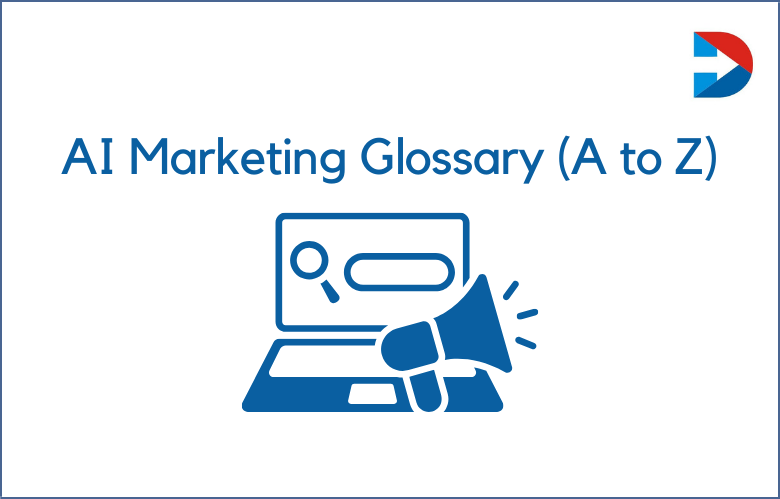
When it comes to pay-per-click (PPC) advertising, understanding how the cost formula works is crucial. It’s not just about setting a budget and hoping for the best.
By understanding the formula that determines how much you pay per click, you can make more informed decisions about allocating your resources.
We’ll dive deeply into the PPC cost formula and explore the factors influencing your costs. By the end, you’ll better understand how PPC advertising works and how to use this knowledge to optimize your campaigns.
What is the PPC Cost Formula?
The PPC cost formula calculates how much you’ll pay for each click on your advertisement. A standard PPC model assumes that your ad’s placement is determined by your bid (the maximum amount you’re willing to pay), the competition, and the relevance of your ad to the search term.
The PPC cost formula is calculated by dividing the total cost of all clicks by the total number of clicks. For example, if you spent $500 on PPC ads and received 200 clicks, your PPC cost formula would be $2.50 per click.
How Does the PPC Cost Formula Work
The PPC cost formula is based on bidding. You will be bidding against other advertisers to get your ad viewed by the audience, searching for keywords related to your business.
The higher your bid is, the higher your ad will appear on the search results page. The ad position is determined by an auction system, where the highest bid wins. However, other factors, such as ad relevance, historical performance, and quality score, can influence your ad’s work.
How to Optimize Your PPC Campaign to Lower Your Costs
To lower your PPC costs, you can optimize your campaigns by improving your ad’s quality score, targeting low-hanging fruits and the right audience.
You can use negative keywords to avoid irrelevant clicks, select suitable geographic locations to target, optimize your landing pages, and adjust your ad bids. Conducting A/B testing with your ad’s messaging can improve the clickthrough rate and lower costs.
Calculating Your Advertising Budget
Calculating your advertising budget is crucial before creating and launching a PPC campaign. First, you must determine your goals and the cost-per-acquisition you will pay.
Next, you need to estimate your conversion rate and how many clicks are required to achieve your goals.
Based on this, you can calculate your daily budget by multiplying the estimated clicks by your cost-per-click. Remember to factor in your industry’s average cost-per-click and bidding competition so you don’t overspend.
Understanding PPC Cost Formula
PPC advertising can be a lucrative way to drive more traffic to your website and generate leads, but it can also be costly.
Understanding the cost formula for PPC advertising is essential to optimize your campaigns, improve your ROI, and avoid overspending. Discuss the PPC cost formula, how it works, and what factors affect it.
To achieve a profitable PPC advertising campaign, it’s essential to understand the PPC cost formula. You’ll better appreciate how PPC works and make a more informed decision regarding spending your advertising budget.
The PPC cost formula consists of Cost per Click (CPC) and Clickthrough Rate (CTR). This formula determines how much you pay when someone clicks on your ad and how often people click on your ads.
What Factors Affect the PPC Cost Formula?
Several factors influence the PPC cost formula, including:
Ad placement:
Ads placed at the top of the page tend to get more clicks but are more expensive.
Keywords:
Specific keywords may be more expensive to bid on due to high search volume and competition.
Quality Score:
A higher quality score boosts your ad’s ranking, reduces your cost per click, and increases your ad’s visibility.
Geographic location:
The cost of PPC ads varies depending on the location of the searcher. Keywords in highly populated areas will generally have more competition, increasing costs.
Bidding strategy:
Your bidding strategy is among the most significant factors influencing your PPC costs. This refers to how you choose to bid on keywords, and there are several options to consider.
For example, you can bid on exact match keywords, broad match keywords, or use a combination of both. The more specific your targeting, the higher your costs will likely be. This is because there is less competition for more specific keywords.
Ad relevance:
Another essential factor to consider is the relevance of your ads to your target audience. If your ads are highly relevant, users are more likely to click on them, which can lead to higher clickthrough rates (CTR) and lower costs.
Google rewards advertisers with highly relevant ads by giving them a higher Ad Rank, which can lower costs per click.
Landing page experience:
Your landing page experience also plays a role in determining your PPC costs. This refers to the knowledge that a user has when they click on your ad and land on your website.
If your landing page is highly relevant and provides a good user experience, users are likelier to stay on your site and take action. This can lead to lower bounce rates and higher conversion rates, ultimately resulting in lower costs per click.
Quality Score:
The Quality Score is a metric used by Google to determine how relevant your ads are to your target audience. It considers your ad relevance, landing page experience, and expected clickthrough rate.
The higher your Quality Score, the better your ad rank and the lower your costs per click are likely to be. You can optimize your campaigns for better performance and lower costs by improving your Quality Score.
Competition:
The level of competition in your industry can also influence your PPC costs. If you’re in a highly competitive industry, you may need to bid more aggressively to get your ads in front of your target audience.
Conversely, less competition for your keywords means you can bid less and still get good results. Keeping a close eye on your competition and adjusting your bidding strategy accordingly can help you stay competitive and manage your costs.
Conclusion:
In conclusion, understanding the PPC cost formula is critical to successful PPC advertising. By considering factors such as your bidding strategy, ad relevance, landing page experience,
Quality Sore and competition, you can optimize your campaigns for better performance and lower costs. By staying current with the latest trends and best practices, you can stay ahead of the competition and drive better results from your PPC campaigns.



